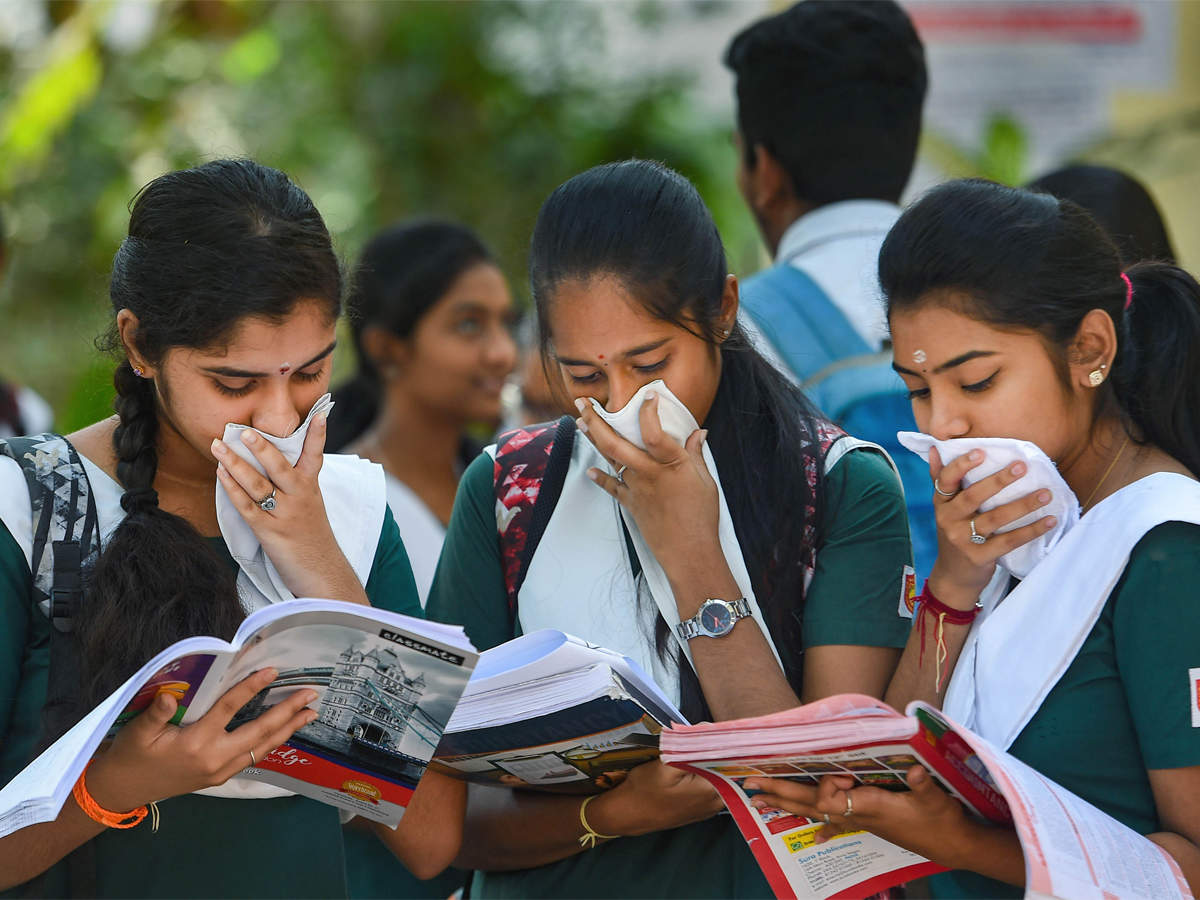The internationalization of Higher education has seen tremendous growth in India over the last decade. This increase in numbers has prompted leading universities to start the internationalization of admissions, teaching and research, and career services. Such is the importance of this development that it is one of the major missions for Indian top institutions.
Internationalization of higher education

As per the research by the CBSE schools in India, the Internationalization of higher education refers to the process of increasing international student enrollment, mobility, and exchange in higher education. International students are a significant source of revenue for many universities, as they pay higher tuition fees and often require additional services such as housing and visa services.
Internationalization of Higher Education is often associated with globalization in which the world becomes increasingly interconnected. Over the past few years, there has been an increased focus on technology as a tool for teaching and learning. However, while globalization is generally thought of as an economic phenomenon, internationalization in Higher education is also related to politics and culture. In particular, it requires that universities adopt strategies to make themselves more attractive to foreign students and scholars to meet their needs.
In recent times, however, there has been a growing demand among Indian youth for greater participation in international higher education because they want to improve their skills by studying abroad or gaining global exposure through internships.
Significance of Internationalization of Higher Education for India

India offers a unique opportunity to international students looking for an affordable study abroad experience. There is a huge demand for international students from across the globe with many universities trying to attract these applicants into their programs and campuses.
According to the best schools in India, The importance of the internationalization of higher education in India cannot be denied. From the very beginning, Indian universities have been providing quality education to their students. However, the scope for growth and improvement is still immense. There are many reasons why the internationalization of higher education in India should be taken up seriously. Some of them are listed below:
It will enable students to get exposed to other cultures and also help them become more cosmopolitan. It will help both students as well as faculty members to interact with people from different countries and learn from their experiences. It will also help them understand the impact that these people can have on their lives and careers in the future.
India has always been an attractive tourist destination for people around the world but this could be enhanced further through the promotion of tourism through education. It would also increase employment opportunities for locals and foreigners who wish to visit India for educational purposes or conducting research work there.
It would help increase foreign exchange earnings by promoting trade between countries that have signed bilateral agreements with India.
History of Internationalization of Higher Education in India

The government of India has been a major player in the Internationalization of higher education in India. The government has taken several initiatives to promote the Internationalization of higher education in the country.
The establishment of foreign universities in India had three major objectives:
- To increase employment opportunities for Indians through the provision of higher education;
- To expose Indian students to a wider range of courses that would enhance their knowledge base and prepare them for future careers; and
- To improve living standards through better health facilities, sanitation, and sanitation practices.
The US is the most popular destination, with most Indian students heading there. The UK is a close second, followed by Australia, Canada, and Germany.
The popularity of these destinations is due to several factors: language barriers are not an issue as many universities now offer courses taught in English; most have excellent reputations; some have links with Indian universities and research centers; others offer scholarships or fee waivers; and some offer fast-track visa processing or even citizenship.
The process of internationalization started with globalization and its influence on education. The current trend is that more and more students are going abroad for higher education which makes it necessary to adopt international standards and practices in Indian universities.
The current state of Internationalization of Higher Education in India
India is one of the most diverse countries in the world. The country has multiple languages, cultures, beliefs, and religions. However, many students who wish to study abroad are unable to do so because of certain factors such as financial constraints, lack of exposure, and language barriers.
India has a National Education Policy which will help us to develop our higher education system by providing opportunities for Indian students to study abroad. Also, it will help us to attract more foreign students for higher education in India.
The recent trend of Indian internationalization of higher education has been a topic of discussion in the last few years. The increased demand for higher education worldwide and the emergence of new knowledge economies have led to an increase in international student mobility.
The demand for international students has also led to a growing number of partnerships between foreign universities and Indian institutions. These partnerships are giving rise to several questions related to quality assurance, accreditation processes, and funding mechanisms.
Challenges and barriers to the Internationalization of Higher Education in India
The globalization of higher education is a phenomenon that has been in process for the last couple of decades, with numerous countries around the world making efforts to attract international students. India is no different and has been trying to make its presence felt on the international scene. The relationship between poverty and education is complex because education can affect poverty through different mechanisms. However, despite this effort, much still needs to be done to make India more attractive to foreign students.
Language barriers are one such factor that can hamper this process. While many universities have made efforts at providing English as a medium of instruction, there are still many institutions that do not support this move. This results in students having difficulty communicating with their professors and other staff members at these institutions, which can lead to frustration and eventually discourage them from applying for admission here.
1. Regulatory challenges
Regulatory challenges are a major hindrance to the internationalization of education in India. The regulatory framework governing higher education and the quality of education in India is not conducive to international student recruitment. Even though there is a regulatory framework, it has been unable to meet the needs of international students who want to pursue their degrees in India. In addition, Indian universities have also failed to introduce new courses that can attract students from abroad.
2. Funding and resources
The first challenge is funding. Most universities in India are funded by the government and private donations. Funding from international organizations is almost non-existent. It has meant that most universities in India cannot afford to host foreign faculty or students.
3. Cultural differences and lack of cross-cultural understanding
Poor communication skills among teachers/lecturers can be another reason foreign students find it difficult to adapt themselves to India’s culture and environment. Foreign students usually find it difficult to communicate with their teachers due to language barriers or accents. Some universities have wi-fi facilities and computer labs for students, but these are not adequate for international students.
Strategies to enhance the Internationalization of Higher Education in India

1. Encouraging collaboration between Indian and foreign universities
International collaborations have increased in recent years with Indian universities collaborating more closely with foreign institutions and vice versa. The number of international students studying in India has also increased steadily over the years. The government has taken steps to increase internationalization by encouraging collaboration between Indian and foreign universities through various schemes.
2. Addressing language barriers through language courses and translation services
Language is one of the most important barriers in an internationalization process. It has been found that students from non-English speaking countries face difficulties in communication with their fellow students, professors, and other employees of the university.
3. Developing a more welcoming and inclusive campus environment for international students
The growing demand for higher education, rising competitiveness, and the need to enhance employability have led to a situation where a large number of Indian universities are now looking at international student recruitment as a way to supplement their revenue. To attract more international students to study in India, several universities have developed strategies to improve their campus culture.
Conclusion
The current scenario in India is such that the higher education sector has received limited attention from the government and private sector. To achieve the goal of internationalization universities must adopt an international perspective towards their teaching and research activities to attract students. These universities must develop a strong reputation within their own country to be regarded as world-class institutions.
For any queries related to parenting, schooling, or any student-related tips, click here to check out our latest blogs.








